15 results in Social Philosophy and Policy
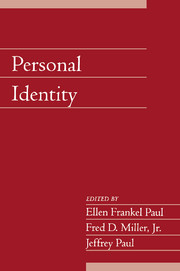
Personal Identity
-
- Published online:
- 05 July 2014
- Print publication:
- 04 July 2005
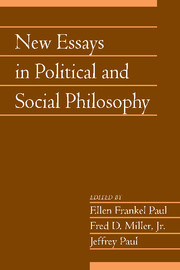
New Essays in Political and Social Philosophy
-
- Published online:
- 05 June 2014
- Print publication:
- 30 August 2013
-
- Book
- Export citation

Natural Rights Individualism and Progressivism in American Political Philosophy
-
- Published online:
- 05 June 2014
- Print publication:
- 27 August 2012

Human Flourishing
-
- Published online:
- 05 October 2013
- Print publication:
- 28 January 1999
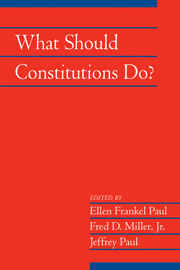
What Should Constitutions Do?
-
- Published online:
- 05 June 2012
- Print publication:
- 31 January 2011
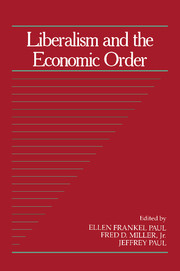
Liberalism and the Economic Order
-
- Published online:
- 05 October 2010
- Print publication:
- 30 July 1993
Justice and Global Politics
-
- Published online:
- 06 August 2010
- Print publication:
- 06 March 2006
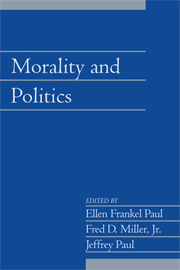
Morality and Politics
-
- Published online:
- 04 August 2010
- Print publication:
- 09 February 2004
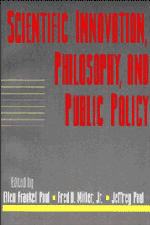
Scientific Innovation, Philosophy, and Public Policy
-
- Published online:
- 04 August 2010
- Print publication:
- 28 June 1996
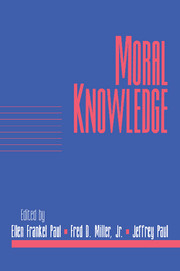
Moral Knowledge
-
- Published online:
- 04 August 2010
- Print publication:
- 13 August 2001
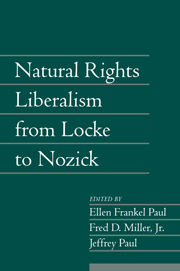
Natural Rights Liberalism from Locke to Nozick
-
- Published online:
- 06 July 2010
- Print publication:
- 27 December 2004
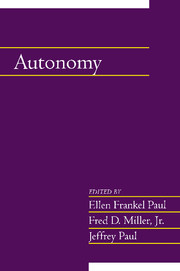
Autonomy
-
- Published online:
- 06 July 2010
- Print publication:
- 30 June 2003
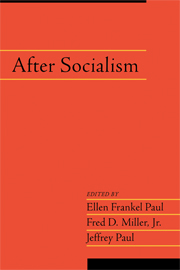
After Socialism
-
- Published online:
- 01 June 2010
- Print publication:
- 03 February 2003
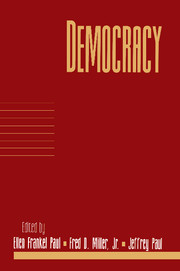
Democracy
-
- Published online:
- 03 May 2010
- Print publication:
- 13 February 2000
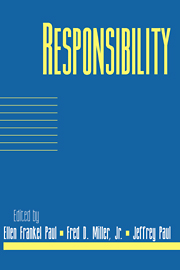
Responsibility
-
- Published online:
- 06 January 2010
- Print publication:
- 28 June 1999

